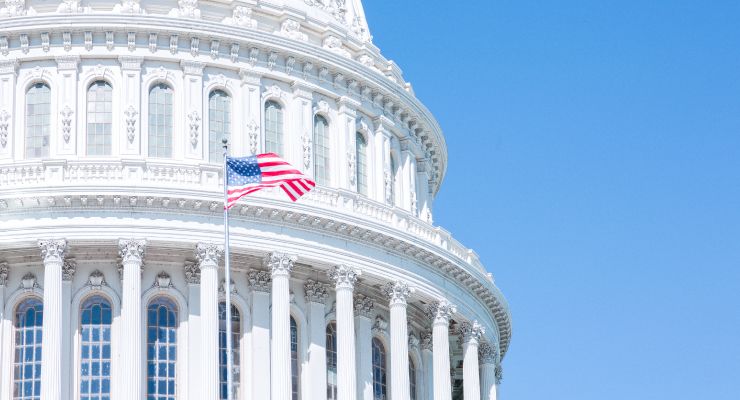Addiction
Substance use disorders take a toll not only on individuals, but families, communities, and the economy.
To assure that Americans with substance use disorders (SUDs) receive the right services, in the right setting, at the right time, the National Association for Behavioral Healthcare (NABH) is playing a leadership role through its Addiction Treatment Committee and SUD Medication Subcommittee, working on legislative and policy issues related to financing, workforce, and evidence-based treatment for all types of addictions in all levels of care and healthcare settings.
SUDs affect millions of Americans of all ages.
- In the United States in 2023, 17.1% of American (about 48.5 million) people had a SUD, according to the Substance Abuse and Mental Health Services (SAMHSA).
- The SAMHSA National Survey on Drug Use and Health (NSDUH) indicates that 10.2% of Americans had an Alcohol Use Disorder (AUD), with 21.7% engaging in binge use (four or more on one occasion on at least one day in the past month for females, and five on one occasion for males), and 9.6% of Americans had a Drug Use Disorder (DUD).
- Most of the 19.2 million people with a past year marijuana use disorder had a milder disorder than the 18% with a severe disorder.
- About 1 in 30 (3.4%) misused a stimulant in the past year.
- The 2023 NSDUH report also showed that the majority of Americans needing treatment for a SUD are did not receive specialty treatment, with only 11.7 million Americans aged 12 receiving specialized treatment.
Additional Federal Resources
National Drug Control Policy
NABH Maps Out Pathways to a Better Addiction Treatment System
The National Association for Behavioral Healthcare (NABH) today released Pathways to Care: Treating Opioid and Substance Use Disorders, a white paper that offers practical and applicable approaches to fixing America’s frayed substance use disorder treatment delivery system.
NABH Addiction Treatment Committee
Working to advocate for improved insurance coverage, patient access, and payment/reimbursement for addiction treatment services.
NABH Addiction Treatment Quality Committee
NABH SUD Medications Subcommittee
NABH Annual Survey
Describing services offered by NABH members – including addiction treatment services.












